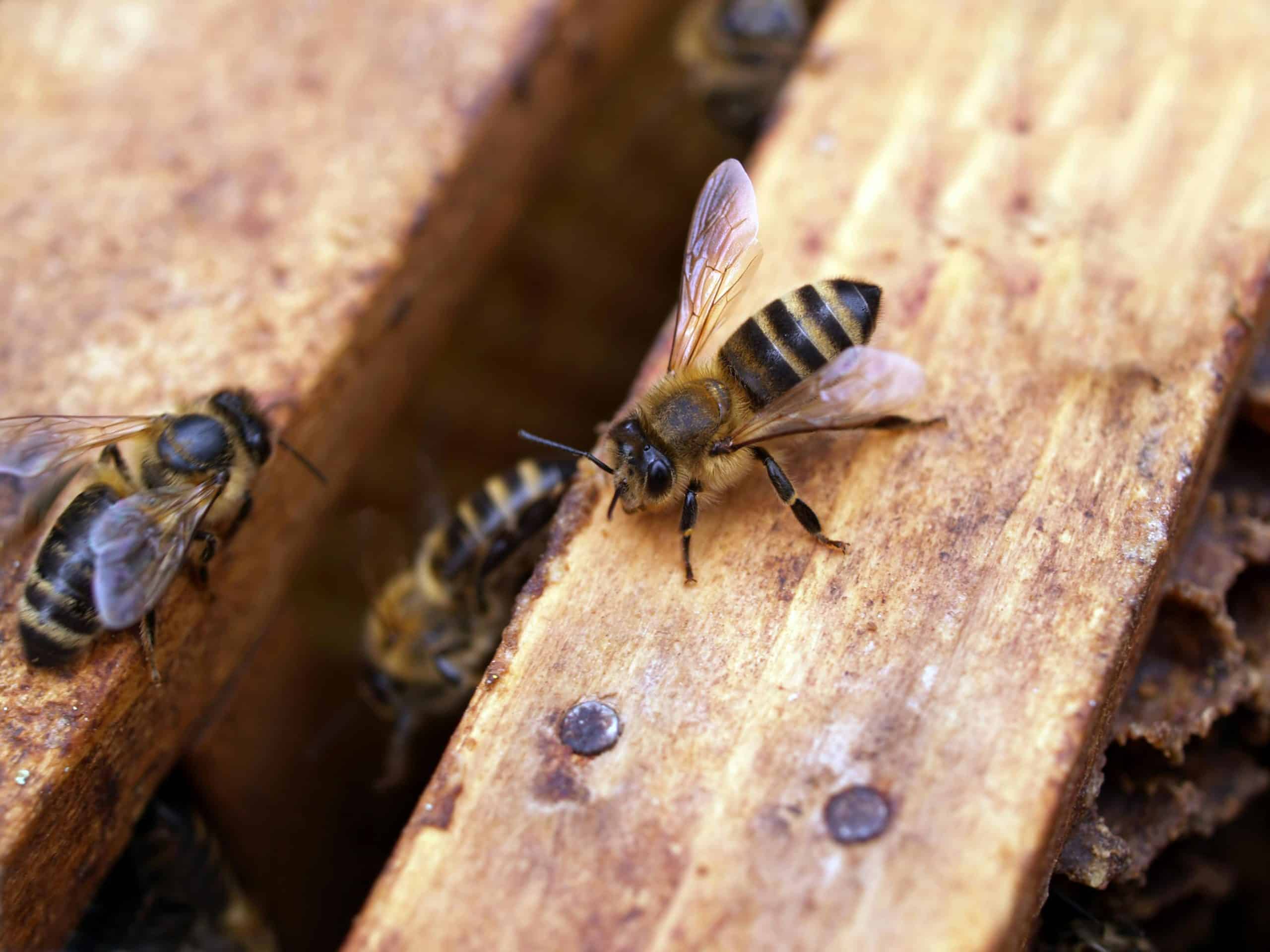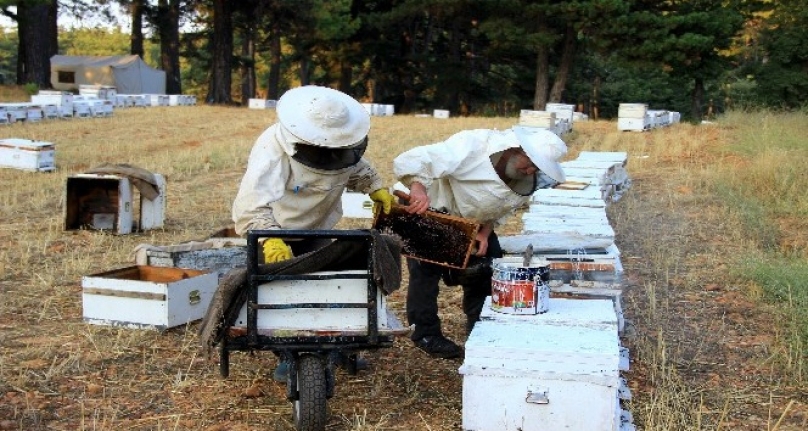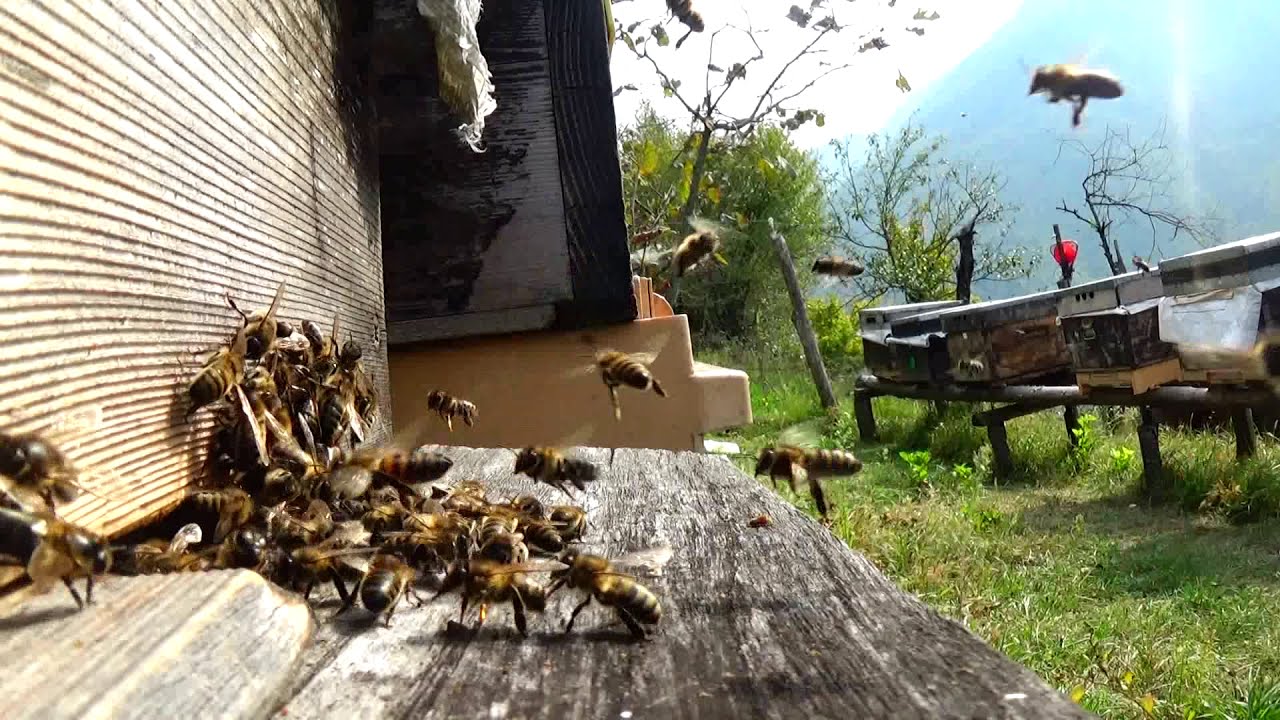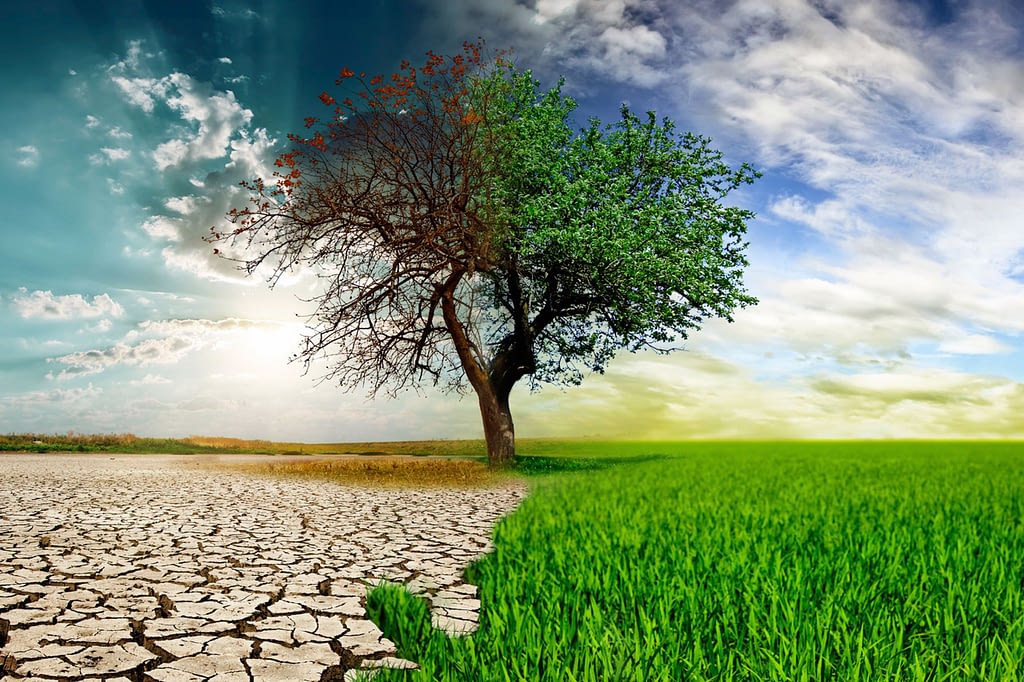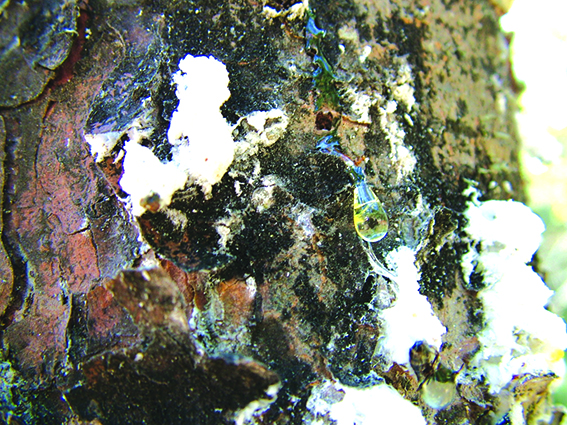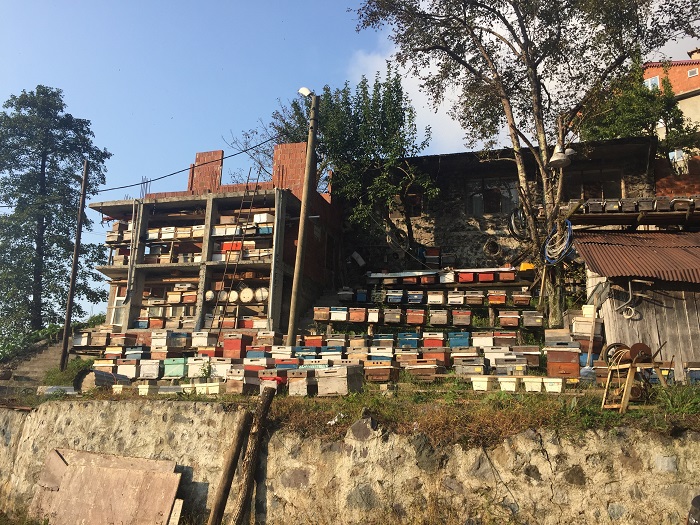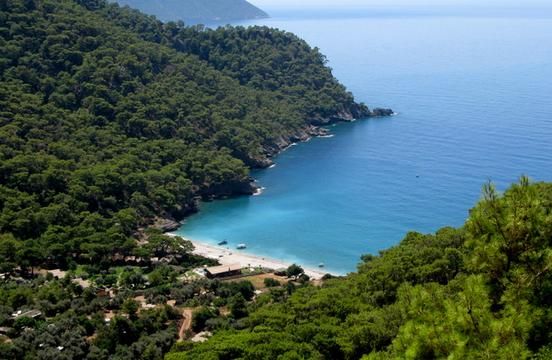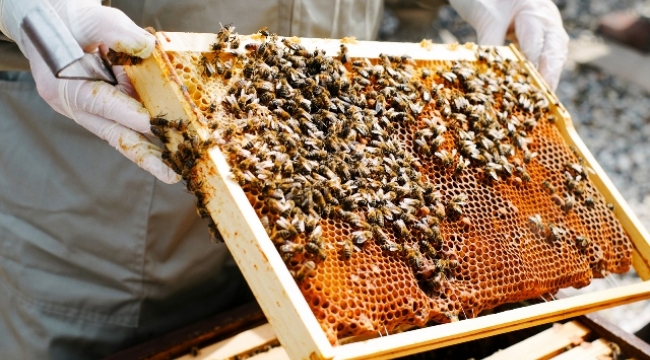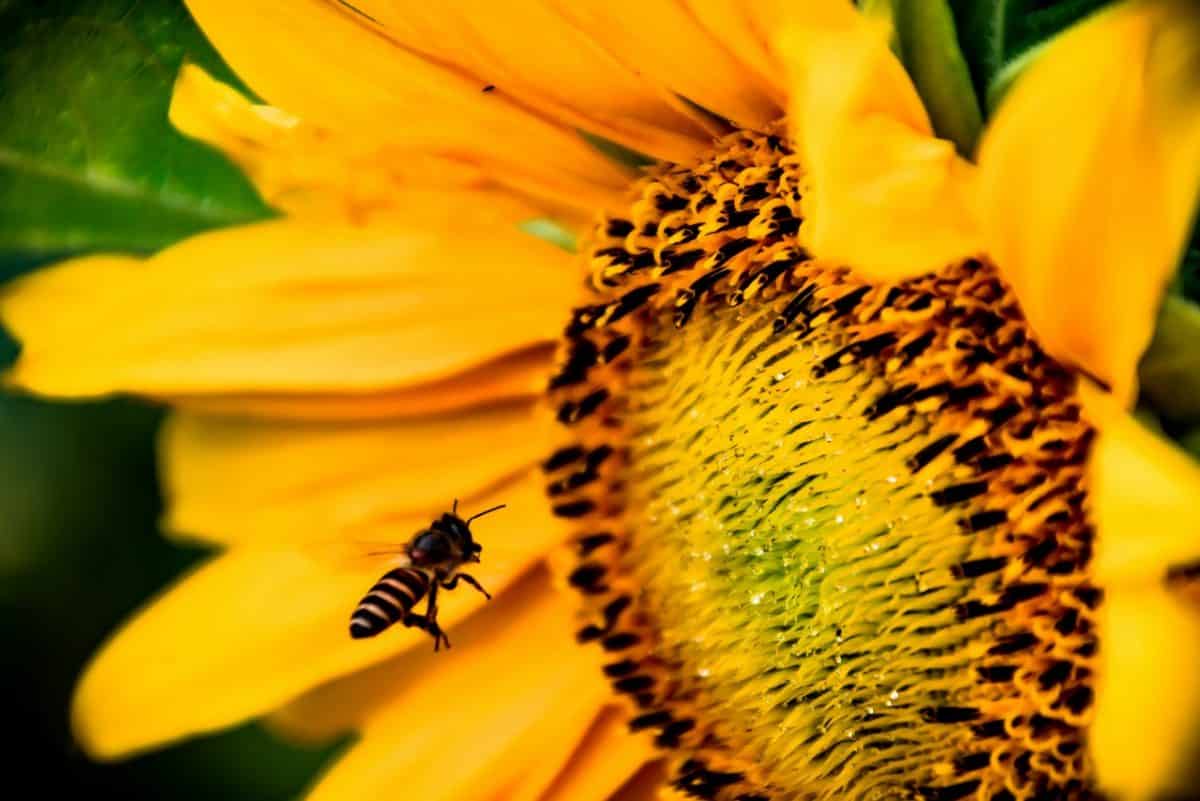Clean Honeycomb Problem
Temiz Petek : Petek bir arı kolonisinin ruhu ve bedenidir. Koloninin asıl evidir. Arılar herhangi bir kapalı oyuk, kovuk, kovan dışında, açıkta bir dalda da koloni kurabilirler; ama petek örmeden, petek olmadan arı kolonisi olmaz. Petek, süper-organizma olarak bir arı kolonisinin iskeleti, rahmi, sinir sistemi, duyu organı, belleği, bağışıklık sistemi, enerji ve besin deposu, kısaca […]

